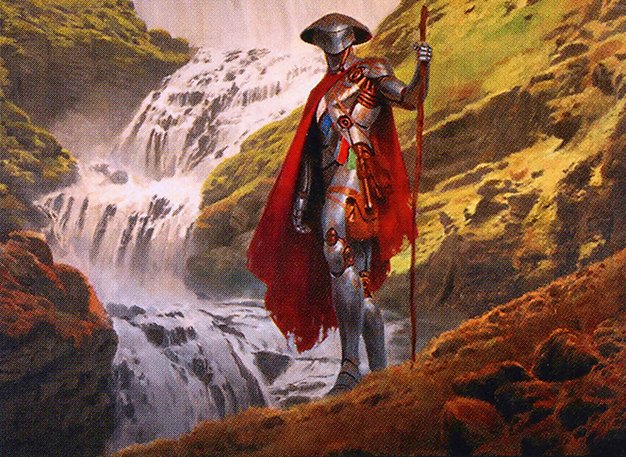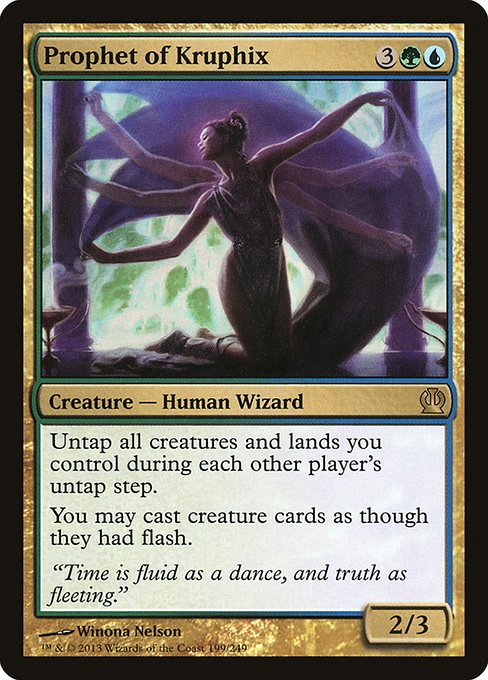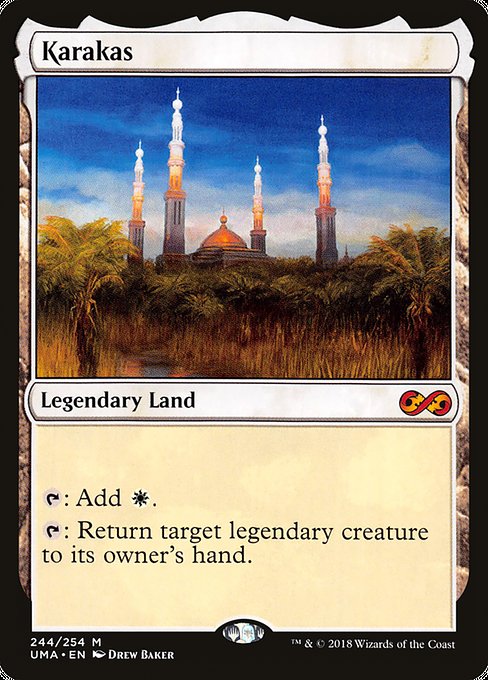Deck & Commander Strategies

Golos, Tireless Pilgrim
The objective of this deck is to ramp into banned cards and win through ways like a Coalition Victory.

Lutri, the Spellchaser
The deck aims to take advantage of Lutri's copy ability to maximize the impact of each spell.

Rofellos, Llanowar Emissary
The deck focuses on utilizing Rofellos's ramp ability to cast big spells early in the game.

Griselbrand
This deck seeks to get Griselbrand, a powerful demon, onto the battlefield as quickly as possible.

Iona, Shield of Emeria
The goal of this deck is to cast Iona and lock out a specific color from the game, hindering opponents' strategies.
Gameplay Insights
- 1
Richard's use of Karakas to hinder Phil's Rofellos was a crucial early game decision that shaped the pace of the match.
- 2
S's deployment of Prophet of Kruphix and Rystic Study was a significant move that provided him with substantial card advantage and threat on the board.
- 3
The presence of banned commanders and cards led to unique interactions and complex board states, forcing players to adapt their strategies accordingly.
Notable Cards
-

Prophet of Kruphix
-

Karakas
-

Griselbrand
-

Iona, Shield of Emeria
Gameplay Summary
This game of Commander started with each player showcasing their banned commanders and their game strategies.
Phil, with Rofellos, aimed to ramp quickly into big spells, while Richard chose Iona, Shield of Emeria, hoping to lock out a specific color from the game.
S played Golos, intending to win with Coalition Victory and other banned cards, and Sethan piloted Griselbrand, aiming to get the largest demon on the battlefield as fast as possible.
Early on, a key shift occurred when Richard played Karakas, a land which can return a legendary creature to its owner's hand, slowing Rofellos' ramp strategy significantly.
The game continued with players maneuvering around each other's strategies, with notable plays including the casting of banned cards like Prophet of Kruphix and Rystic Study.
The game was rife with strategic decisions and game-changing interactions.
























